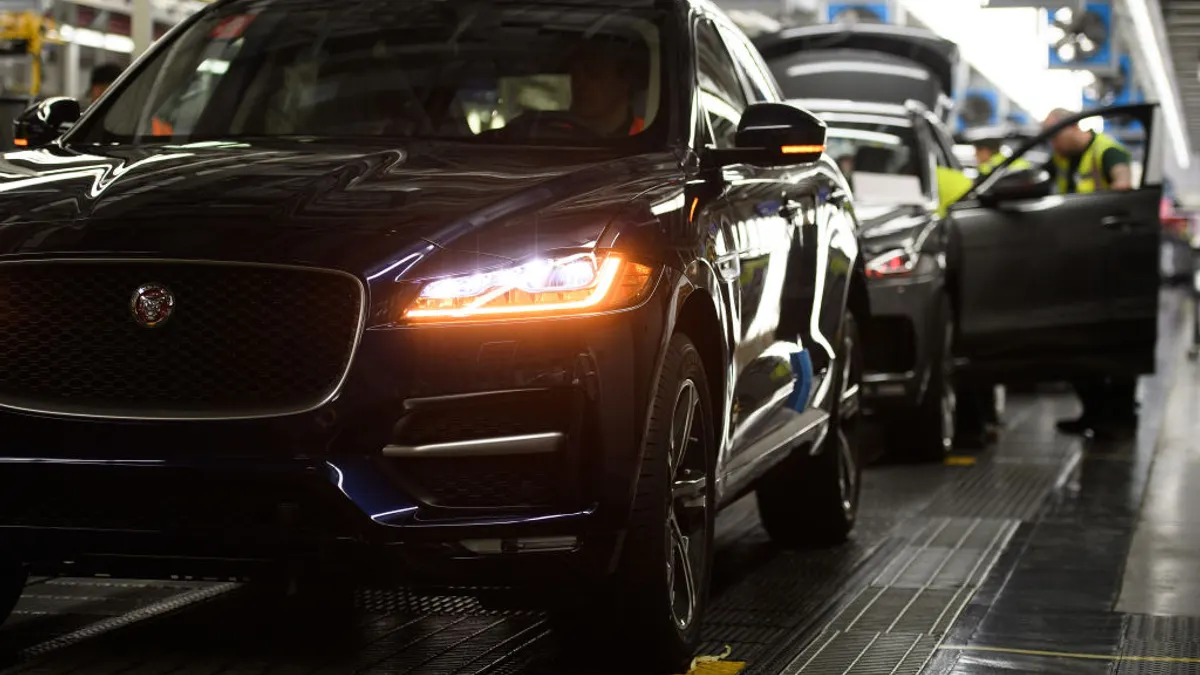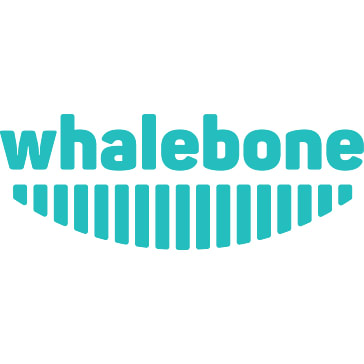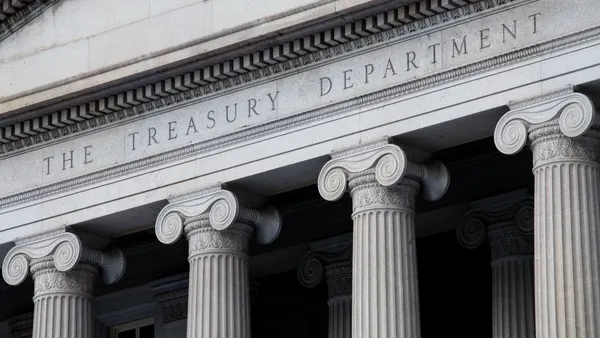Jaguar Land Rover said revenue fell 24% during the fiscal second quarter, led by the impact of a late-summer cyberattack that disrupted automotive production for weeks until a phased restart in early October.
The company said fiscal second-quarter revenue fell to $6.45 billion (4.9 billion pounds) from the same period a year ago.
The attack also led to a major impact on the company’s supply chain, forcing the company to fast track a $659 million (500 million pounds) financing solution to help provide cash to qualified partner companies.
“The cyber incident meant that we had to close down our systems in one of the higher volume months of the year,” JLR CFO Richard Molyneux said during the Friday earnings call.
Not only was September the final month of the fiscal quarter, it was the start of the 2026 model year for Range Rover and the start of a new vehicle registration plate in the company’s home market in the U.K. The fiscal quarter ended Sept. 30.
The timing of the incident led to wholesale units falling 24% from the prior year, despite July and August figures coming in line with expectations.
The attack cost the British economy about $2.5 billion and led U.K. officials to back a major loan package to help stabilize the impact on the company’s extensive supply chain. A report by the Cyber Monitoring Center estimated the attack impacted about 5,000 organizations.
JLR prioritized the recovery of clients, retailers and suppliers, and carefully calibrated its response during the recovery period so it could resume operations in a safe manner.
The company reported a loss of $638 million (485 million pounds) before taxes and exceptional items. JLR reported $313 million (238 million pounds) in exceptional items, mainly due to the cyberattack, as well as a voluntary cost cutting program.
After taxes, the company reported $735 million (559 million pounds) in losses for the quarter.
The JLR attack highlights the risks facing supply chains in Europe, according to a report released Monday by Moody’s. Manufacturers like JLR depend on a vast, highly interconnected network of suppliers spread across multiple countries.
Moody’s suggested that companies need to better monitor their third-party risk, limit information sharing and also rank suppliers in order of relative cyber risk.
JLR, the largest automaker in the U.K., was crippled by a suspected social engineering attack that was claimed by the same threat group linked to the April attack on Marks & Spencer.













